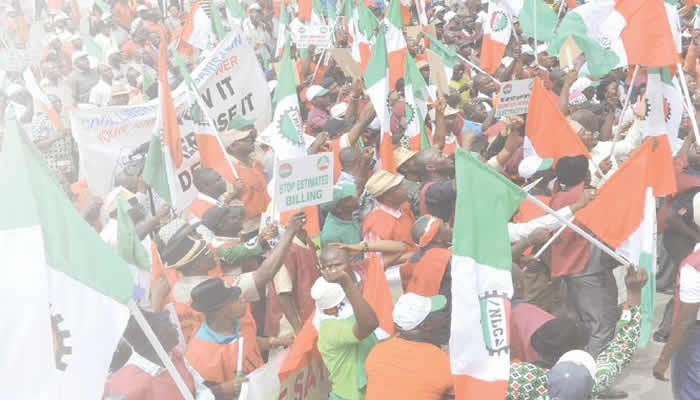The recent hike in petrol prices in Nigeria has sparked outrage and condemnation from the Nigeria Labour Congress (NLC), which accuses the government of insensitivity towards the plight of the masses. The NLC argues that such a significant economic decision should not be taken unilaterally but should involve consultations with stakeholders, including workers, the private sector, and students. They advocate for a roundtable discussion to analyze the potential consequences and agree on a course of action, drawing parallels to previous administrations that engaged in regular dialogue with stakeholders on sensitive issues affecting workers’ welfare. The NLC criticizes the government for what they perceive as a disregard for the masses and the lack of inclusive governance. They express frustration at being excluded from the decision-making process and emphasize that Nigeria is not the personal property of any individual or group, but belongs to all its citizens.
Adding fuel to the fire, the NLC also points fingers at oil marketers, accusing them of exploiting Nigerians and manipulating petrol prices for their own gain. The NLC Lagos State Chairperson, Sessi Funmi, labels marketers as “enemies of the masses” and criticizes them for allegedly undermining government efforts to stabilize the downstream oil sector. Funmi questions the marketers’ justification for increasing prices based on rising crude oil costs, arguing that they do not purchase crude oil directly but rather the finished product. Furthermore, she lauds the Tinubu administration for reviving refineries in Port Harcourt and Warri, contending that this should lead to lower petrol prices, and accuses marketers of obstructing these efforts to maintain their control over the market. The NLC calls for transparency and accountability in the petroleum sector and demands an end to exploitative practices, urging the government to adopt a direct supply model, similar to that of the Dangote Refinery, to ensure fair pricing and eliminate the influence of exploitative middlemen.
Caught in the crossfire, the Dangote Petroleum Refinery refutes accusations of being responsible for the price hike, attributing it to the rising cost of crude oil globally. The refinery clarifies that while it has adjusted its ex-depot price, the increase is significantly lower than the rise in global crude oil prices. It explains that it has absorbed a substantial portion of the cost increases to cushion the impact on consumers and maintain affordable prices. Dangote also highlights its commitment to uniform pricing nationwide and its decision to absorb increased logistics costs to ensure consistent prices across the country. To demonstrate transparency, the refinery commits to publishing its ex-depot, ex-vessel, and pump prices weekly, aiming to prevent exploitation and keep consumers informed. It emphasizes its dedication to providing Nigerians with quality petrol at competitive prices and acknowledges the support of the government’s Naira-for-Crude initiative in stabilizing fuel supply and shielding consumers from global market volatility.
Meanwhile, petroleum marketers defend themselves against accusations of price manipulation, asserting that they are merely responding to market forces, particularly the fluctuating international crude oil prices and exchange rates. They argue that the deregulation of the market means prices will fluctuate based on these external factors. Retailers under the Petroleum Products Retail Outlets Owners Association of Nigeria (PETROAN) urge the public and labour unions to understand that filling stations are not to blame for price changes. They explain that refinery operators adjust prices based on crude oil costs, which subsequently impacts dealers, retailers, and ultimately consumers. PETROAN’s National President emphasizes that retailers cannot sell petrol below their purchase price, highlighting the need to cover logistics and maintain a reasonable profit margin.
Adding another layer to the complex issue, international sanctions, particularly those imposed on Russia by the United States, have further contributed to the rise in crude oil prices and tanker shipping costs. These sanctions, targeting Russian oil producers and vessels, have disrupted global oil markets and impacted prices worldwide. This global context adds an additional challenge for Nigeria, as it relies on imported refined petroleum products and is vulnerable to fluctuations in international oil markets.
This complex interplay of factors, including global crude oil prices, exchange rates, international sanctions, refinery operations, and market dynamics, creates a volatile environment for petrol pricing in Nigeria. The conflicting perspectives of the NLC, oil marketers, and the Dangote Refinery underscore the challenges in balancing the interests of consumers, businesses, and the government in a deregulated market. The call for transparency and accountability in the petroleum sector is crucial to address concerns about potential exploitation and ensure fair pricing for consumers. Furthermore, the government’s role in mitigating the impact of global price volatility and ensuring stable fuel supply remains essential for the well-being of the Nigerian economy and its citizens.














